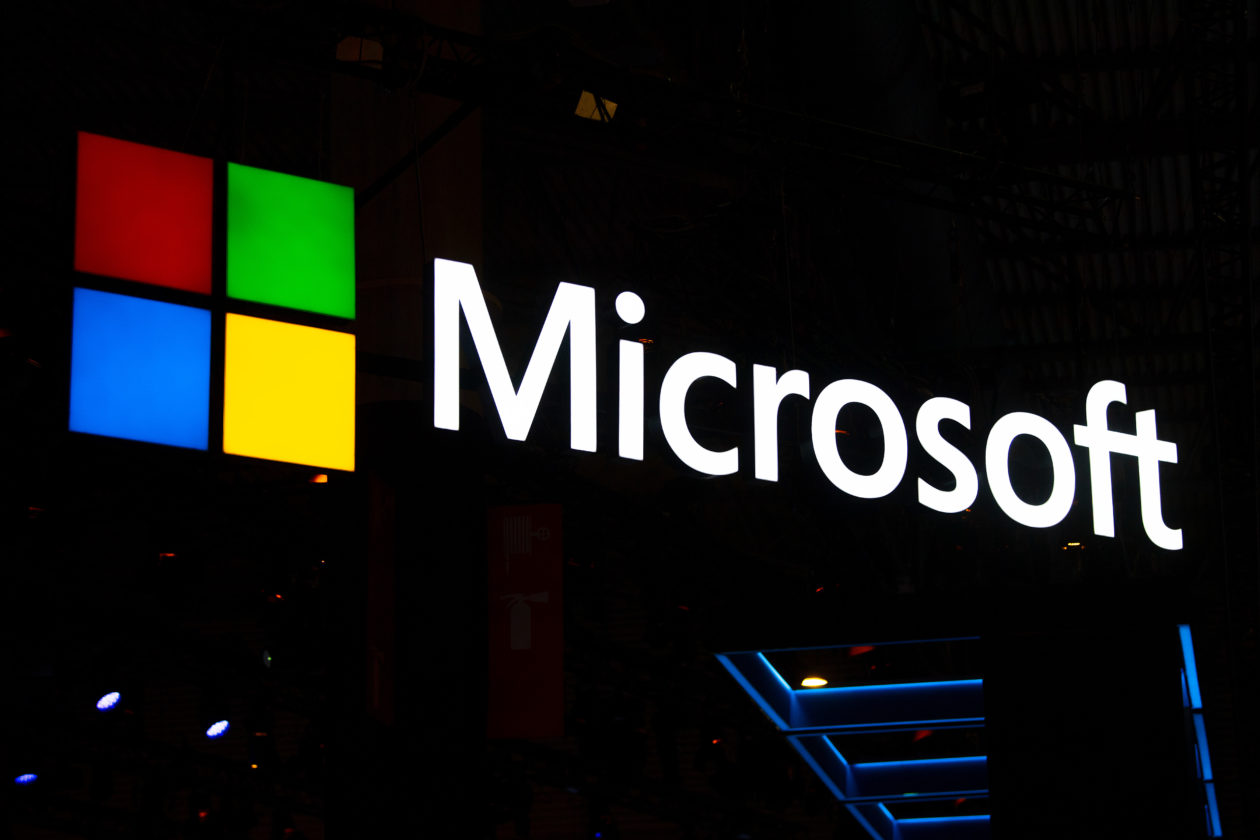U.S. software behemoth Microsoft is looking to develop anti-piracy measures on Ethereum using research from Chinese internet giant Alibaba and Carnegie Mellon University, according to a paper released by Microsoft’s research department.
Fast facts
- Partnering with Alibaba and Carnegie Mellon, Microsoft says the new system — dubbed “Argus” — will run on a public blockchain while allowing for piracy informers to remain anonymous. According to Microsoft, striking a balance between privacy and transparency was one of the chief challenges of developing such a network.
- Using a “proof of leakage” mechanism, Argus will allow pirated content to be traced back to the original source with a watermark algorithm, which means there is no possibility of reporting the same material more than once without actually owning it. Addressing concerns of high transaction costs, or “gas fees” that have plagued the Ethereum network, the team optimized several cryptographic operations to “ensure the cost for piracy reporting is reduced to an equivalent cost of sending about 14 ETH-transfer transactions to run on the public Ethereum network, which would otherwise correspond to thousands of transactions.”
- Microsoft has been the victim of software piracy for years. In 2018, then-CEO Steve Ballmer complained that only 1% of companies in China using Microsoft Office were paying for it, costing the Seattle company US$10 billion in lost profits a year.
- Alibaba’s Taobao online marketplace has run into issues of a different kind, being placed on the U.S. Trade Representative office’s blacklist in 2016 for selling counterfeit items.
- Ant Group, Alibaba’s fintech affiliate, was ranked among the top Chinese industrial enterprises in 2020 and has been heavily involved in blockchain development as well as the Chinese central bank’s digital currency project, e-CNY. In May, Microsoft announced a partnership with Intel to create a threat detection feature aimed at preventing cryptojacking malware.





